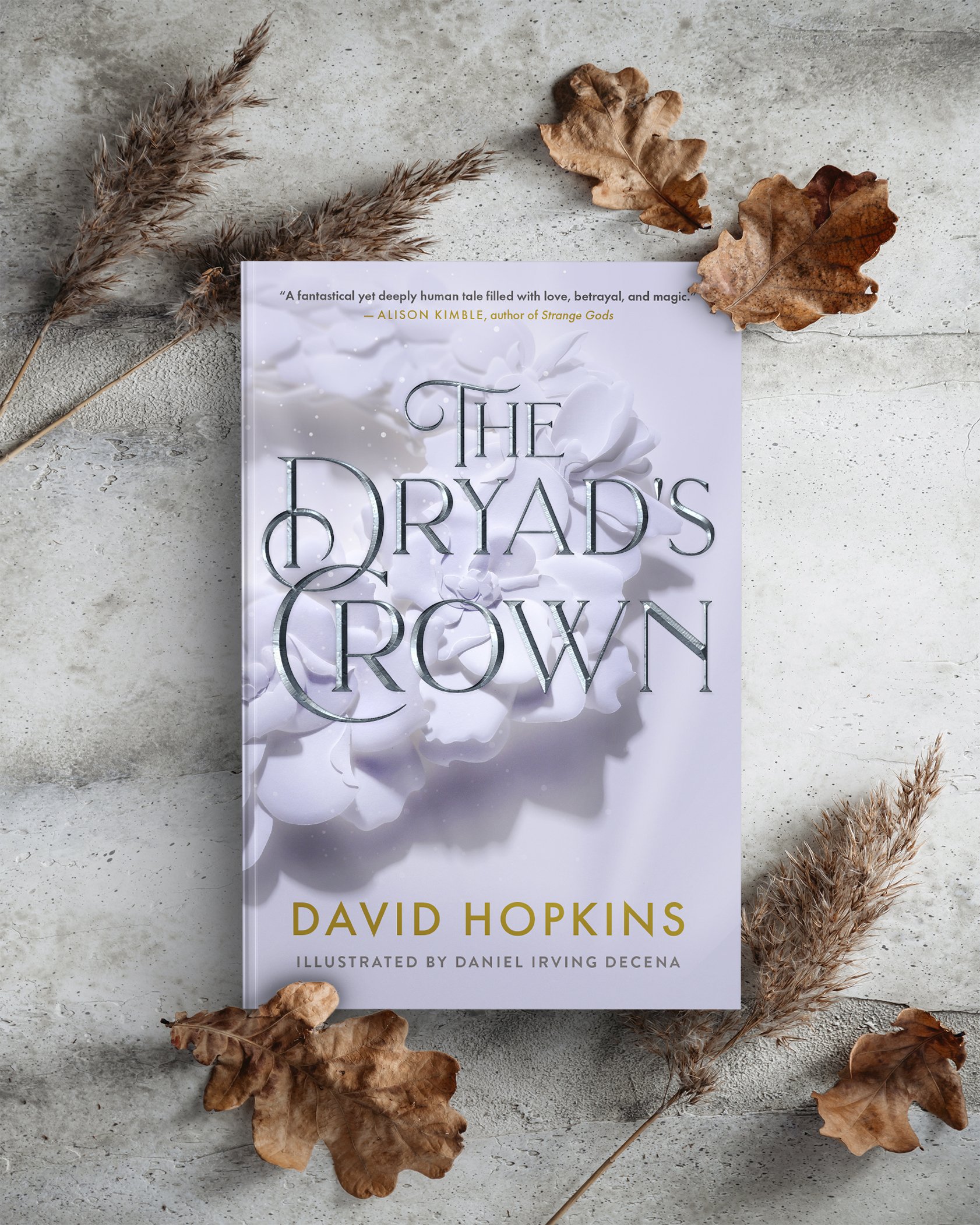I'm working on a story for the May issue of D Magazine. It's about the incredible work done by CitySquare LAW Center. As is often the case, I have a few false starts until I eventually find my way. Rather than sending my rejected words into oblivion, I thought I'd share them with you. The paragraph below isn't necessarily bad. It's just heavy on the "first person," and this story isn't about me. It also buries the lead. (Note to my editor: I will have the story to you by Tuesday at the latest. Almost done.)
Over the years, I have had a few home-cooked theories about poor people. First. That guy standing on the curb begging for money probably had a three-piece suit and a BMW around the corner. He changed back into the suit and sped off after bilking people for hundreds of dollars every day. I had heard various iterations of this myth from people who knew someone who knew someone who saw it with their own eyes. My first theory evolved into a newer one. That poor people really need sandwiches. Instead of giving them money, which they will probably spend on drugs, if I just gave them a ham and cheese sandwich, this would better meet their needs. And if they refused my sandwich, it confirmed that they were probably not actually poor and just no-good drug addicts. I had many friends who proudly explained that they’d rather give out McDonald’s gift certificates than actual money to the poor. My third theory was that poor people just need an education. Smart people are completely immune to suffering, because they have an education that allows them to navigate around all bad choices. If they are poor, it’s probably their fault. If they didn’t want to be poor, they should go back to school. I clung to the bumper sticker wisdom: “Teach a man to fish and he’ll never go hungry again.” If only the fisherman’s problems were limited to fish. I’m not writing all this to set up some straw man argument against the uncharitable. All these theories expressed certain prejudices on my part on the issue of poverty. I believed that poverty couldn’t be as serious as it appeared. I believed there were simple solutions that could be applied universally to all poor people. And I desperately wanted to believe that it was a personal problem and very little could be done to help.
And then we transition to the actual story. See? Why not just begin with CitySquare? When in doubt, leave it out. My words are well-meaning, but it's "comments section debate fodder" and not really where I need to go.
Thus, you have just seen me self edit.
